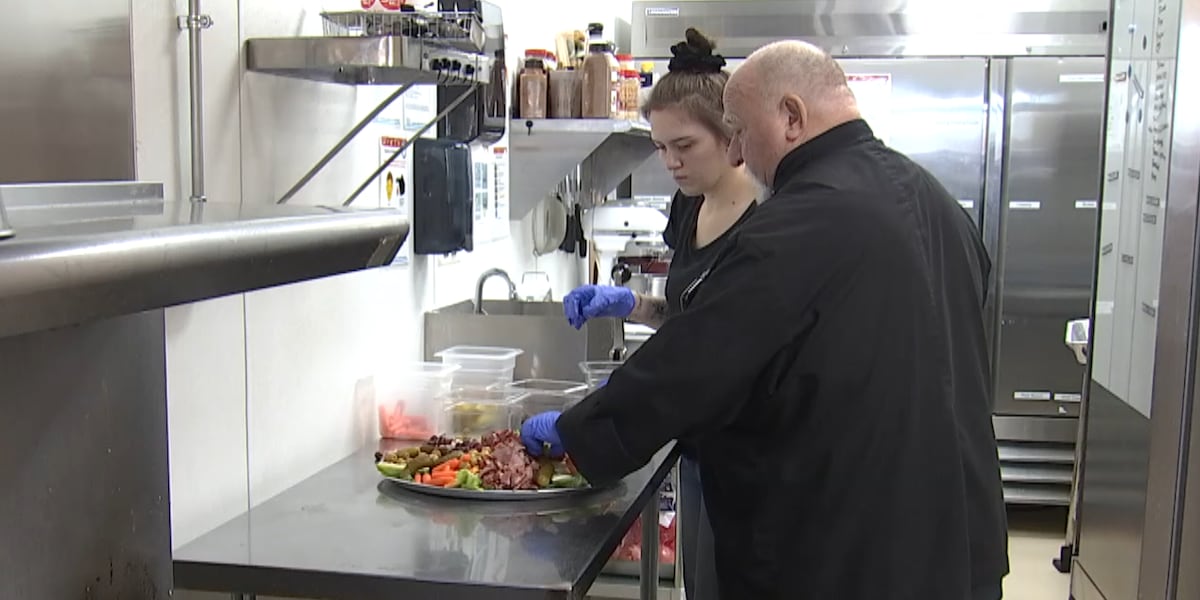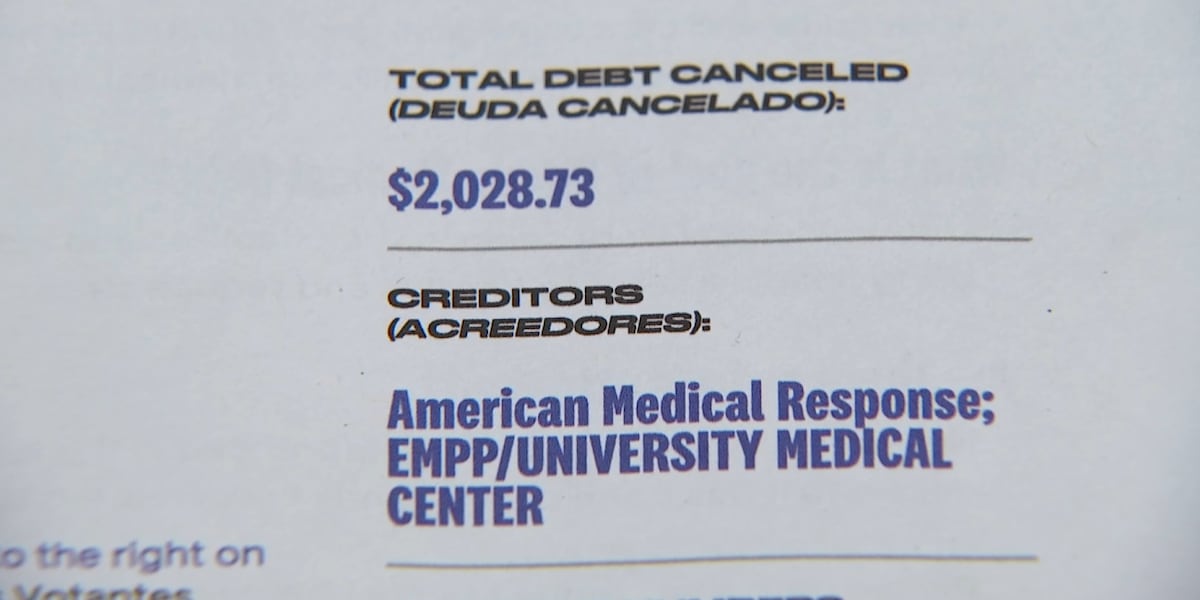
The outbreak of two potentially deadly illnesses from mosquitoes, one of which sent Dr. Anthony Fauci to the hospital, has U.S. health officials warning about mosquito-borne diseases.
Many have heard of West Nile, which recently put Fauci in the hospital for a week. Now another lesser-known mosquito-borne illness is causing concern, prompting Massachusetts health officials to urge residents to do what they can to avoid the insect’s bite.
The increased urgency comes after an elderly man caught eastern equine encephalitis, or EEE, in the state and caused the town of Plymouth to close its parks and fields from dawn to dusk, when the bugs are most active. Four other towns in the state are advising people to avoid going outdoors at night.
RELATED STORY | Massachusetts sees 1st human case of Eastern equine encephalitis since 2020. Here’s what to know
Eastern equine encephalitis is rare, with only 11 human cases reported annually on average. Symptoms of the disease include fever, vomiting and seizures.
But there is no vaccine or treatment for EEE, and the CDC says about 30% of the people who become infected die.
West Nile is not as rare as EEE, with about a thousand people hospitalized from the virus each year. So far this year, CDC data shows 216 cases have popped up in 31 states.
Severe cases of West Nile can infect the nervous system in humans, including the brain. Symptoms can include fever, chills and fatigue, as they did in Fauci’s case.
Fauci is expected to make a full recovery.
RELATED STORY | Want mosquitoes to buzz off? Try wearing these colors
To protect yourself from mosquitoes, experts recommend:
- Using insect repellent
- Wearing loose-fitting long-sleeved shirts and pants
- Having screened windows and air conditioning to prevent indoor bites
- Getting rid of any standing water
On the last tip, Adriane Rogers —the executive director of the Mosquito Control District in Pasco County, Florida — says mosquitos “have a preference for the containers that you discard in your yard.” That can include things like clogged gutters, plant trivets, buckets and wheelbarrows, which can all become prominent breeding grounds after severe storms in the state.




